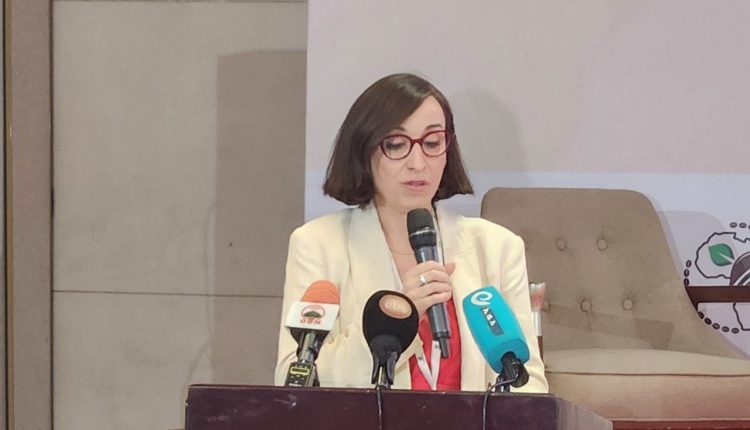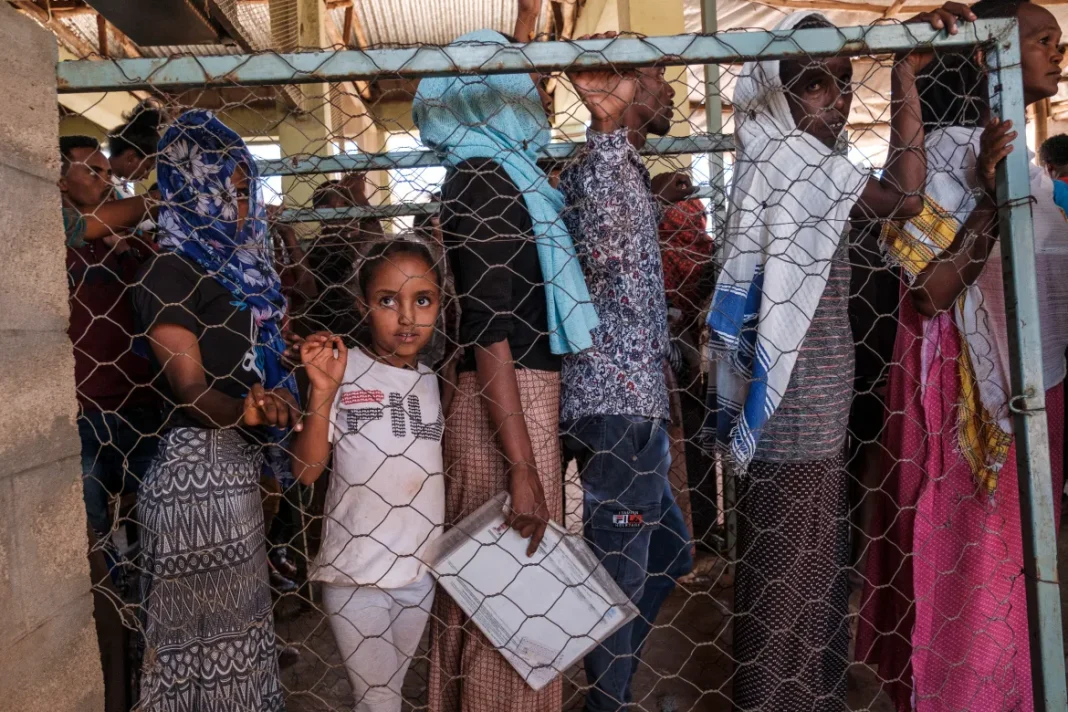Addis Ababa, November 28, 2024 – The United Nations Industrial Development Organization (UNIDO) has reaffirmed its commitment to promoting sustainability and resilience in Africa’s coffee sector. Chiara Scaraggi, Value Chain Development Expert at UNIDO, highlighted the sector’s economic significance and the urgent need to address its pressing challenges.
Speaking at a recent event, Chiara noted that Africa’s coffee sector supports millions of smallholder farmers, yet many remain vulnerable to poverty and external pressures. While global coffee consumption grows at an annual rate of 2–2.5%, about 5.5 million African coffee farmers still live below the poverty line. She explained that 95% of these farmers are smallholders, making them particularly susceptible to climate change, economic instability, and limited resources.
Introducing the ACT Coffee Programme
To tackle these challenges, UNIDO announced a new initiative: “ACT: Advancing Climate-Resilience and Transformation in African Coffee.” This program aims to strengthen the coffee sector through a five-pillar strategy focusing on climate resilience, value addition, regulatory compliance, research, and social inclusion.
The initiative, supported by the Italian Ministry of Foreign Affairs and International Cooperation, aligns with Ethiopia’s national coffee sector strategies. Chiara explained that it will initially target five East African nations—Ethiopia, Uganda, Tanzania, Kenya, and Malawi—before expanding to other parts of the continent.
Past Achievements and Future Plans
UNIDO has been engaged in coffee development since 2015. Its efforts include establishing Ethiopia’s first Coffee Training Center and creating the Ethiopian Coffee Fund, backed by a €10 million credit line to promote local investment. Additionally, collaboration with the Italian government under the G7 framework has inspired the proposal of a Global Private-Public Coffee Fund. This fund aims to provide comprehensive financial solutions to coffee-producing countries while fostering sustainability.
Collaboration for a Sustainable Future
Chiara stressed the need for collective action, calling on governments, international coffee companies, development financial institutions, and academia to join forces. Through collaboration, stakeholders can empower smallholder farmers, improve livelihoods, and meet growing global coffee demand.
UNIDO’s vision is to build a coffee sector that thrives economically while prioritizing sustainability, equity, and resilience. “By creating an enabling environment, we can secure a prosperous future for millions of farmers who form the backbone of this vital industry,” Chiara concluded.





